Dhaka, July 13 (V7N) – Bangladesh is set to introduce a moral, humanistic, and contemporary education curriculum by 2027, marking what could be one of the most significant overhauls of the national curriculum since independence. The National Curriculum and Textbook Board (NCTB) is currently reviewing curriculum models from 16 countries, aiming to align education with global standards while addressing local needs.
Since 1972, Bangladesh has witnessed seven curriculum revisions, with the most significant change occurring in 2012 when the creative curriculum was introduced. This model emphasized analytical thinking over memorization. In 2021, another revision attempted to further reduce rote learning, though critics argued that the reforms lacked compatibility with the country’s socio-economic realities. Widespread opposition from students and educators eventually led to the rollback of the new curriculum following the fall of the Awami League government. As a result, the 2012 creative curriculum has since been reinstated.
Learning from Global Models
The upcoming curriculum aims to draw inspiration from successful international systems:
-
Australia employs region-specific learning strategies, emphasizing ethics, humanities, creativity, and continuous classroom assessments.
-
In the US and UK, schools retain autonomy over evaluation methods, prioritizing skill-based and inquiry-driven learning.
-
Finland, renowned for its education model, integrates life skills with ethics, arts, and languages. The first public examination occurs only in grade 12, and learning is centered around real-life problem-solving.
-
China emphasizes moral and political education alongside language and technical studies, with in-class assessments of critical thinking, teamwork, and innovation.
Challenges on the Home Front
Despite the ambition, experts warn that Bangladesh may struggle to replicate these systems without addressing fundamental structural gaps.
Dr. Muhammad Zair Al Farooqui, an NCTB curriculum expert, noted that inadequate classroom practices and the lack of qualified, dedicated teachers present major obstacles to implementing a progressive curriculum.
Adding to the complexity, the country’s political polarization continues to hinder consensus on education reforms.
To address this, NCTB Acting Chairman Professor Rabiul Kabir Chowdhury stated that a framework for curriculum reform will be discussed with all major political parties, with the intention that any party in power will adhere to the agreed-upon plan.
Need for Policy Reform and National Consensus
Educationalists argue that the root of curriculum inconsistency lies in the outdated national education policy, which fails to align with the current constitutional and social landscape.
Professor Mohammad Mojibur Rahman of Dhaka University’s Institute of Education and Research emphasized, “We need a new education policy built on either a revised constitution or broad political consensus. The current policy has too many inconsistencies to support modern curriculum development.”
Education Advisor Dr. Chowdhury Rafiqul Abrar acknowledged the scale of the challenge, stating, “A total transformation won’t happen overnight, but we must pave the way with deliberate planning and national unity.”
NCTB, under his guidance, has reportedly held several rounds of discussions and begun drafting proposals for the future curriculum.
Public Concerns and Parental Expectations
Amid the debates, conscious parents remain skeptical. Many have voiced concerns over the rise of notebook dependency, coaching center culture, and the commercialization of education, urging the authorities to ensure that reforms lead to a genuine learning environment, not just another reshuffling of syllabi.
As Bangladesh prepares to enter another phase of educational reform, the key question remains: can the country build a curriculum that is globally competitive, locally relevant, and politically sustainable?
END/RH/AJ



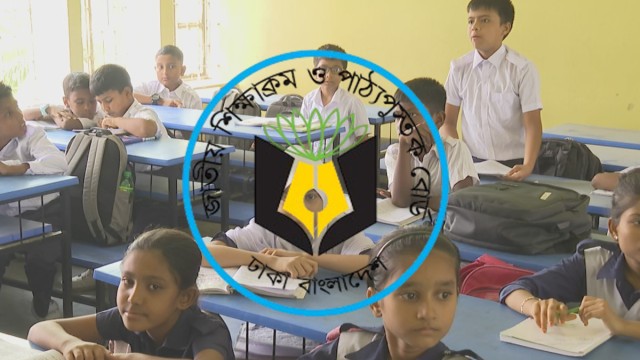
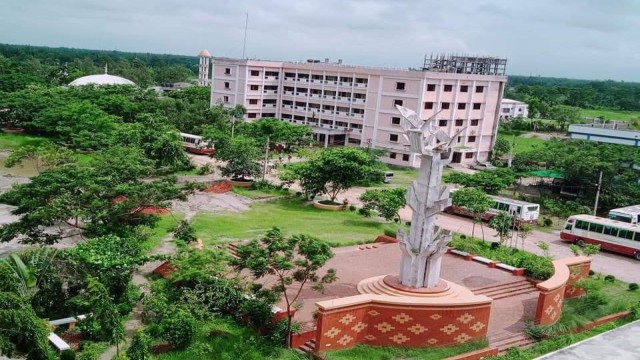

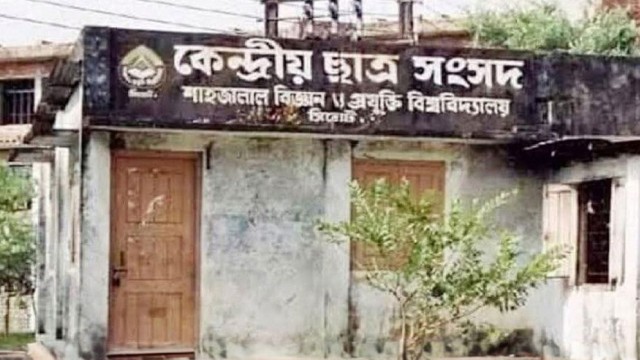
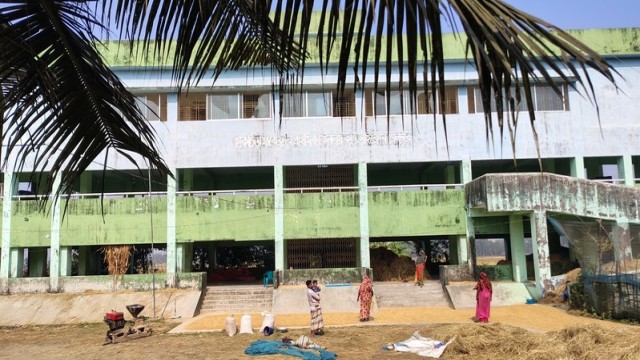
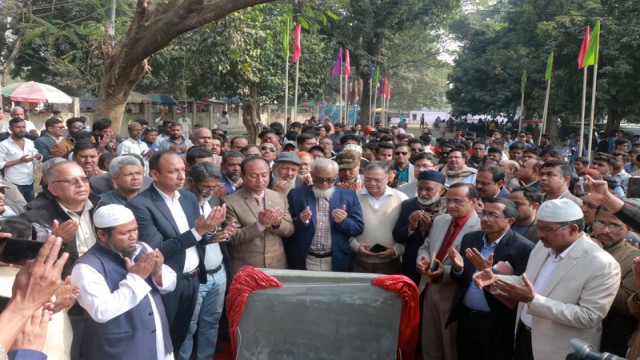
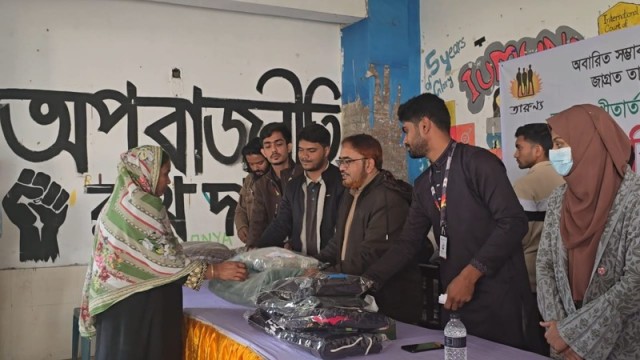


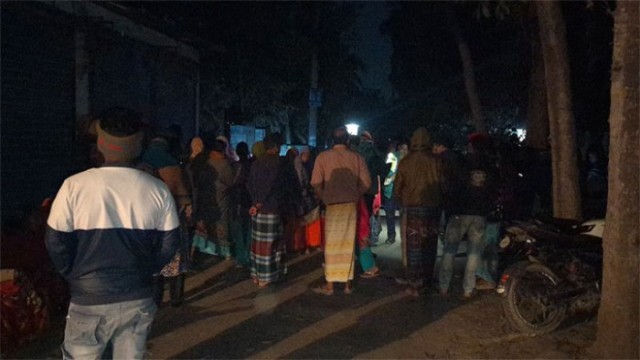
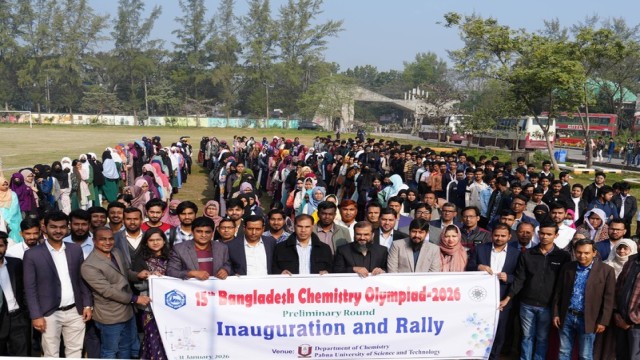
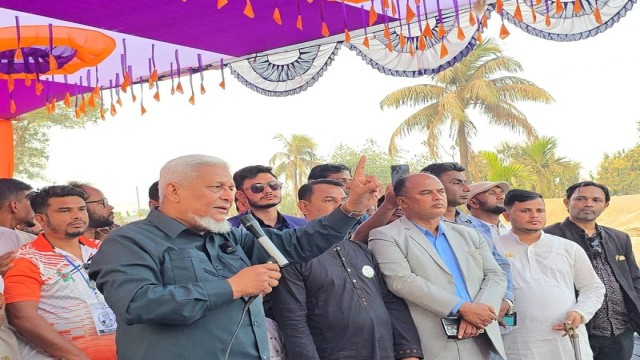


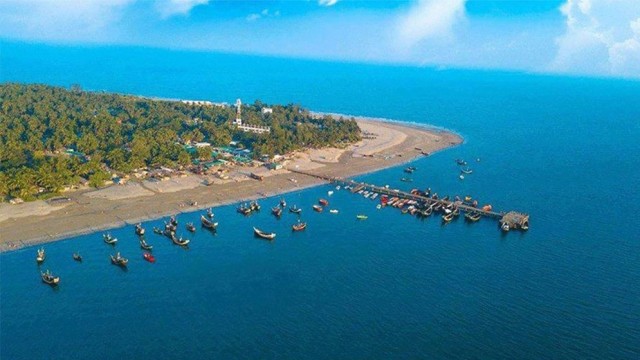
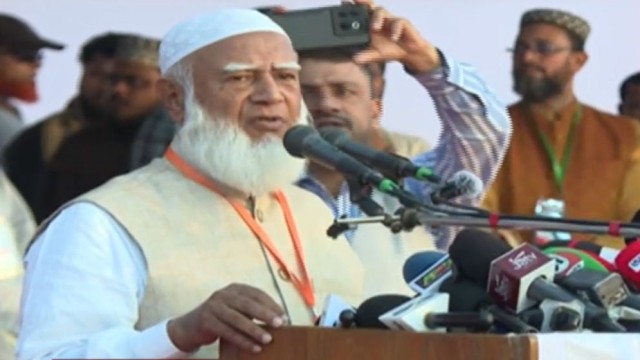
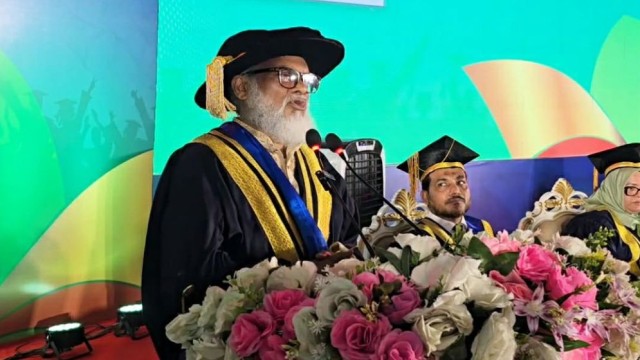



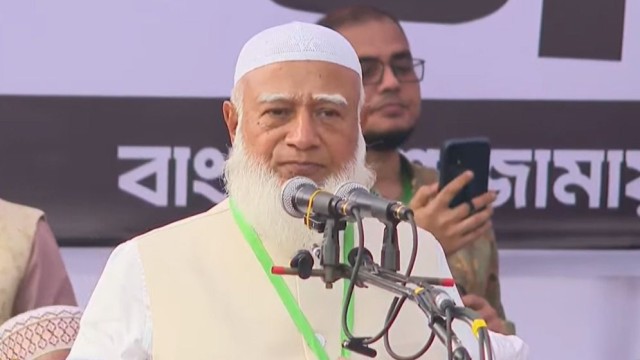
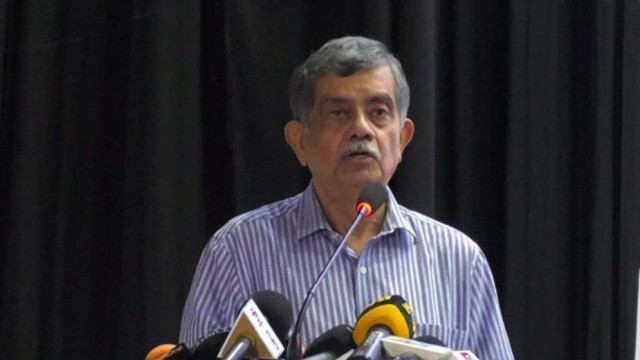
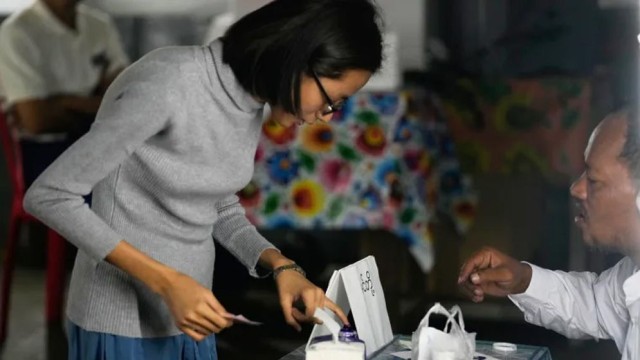
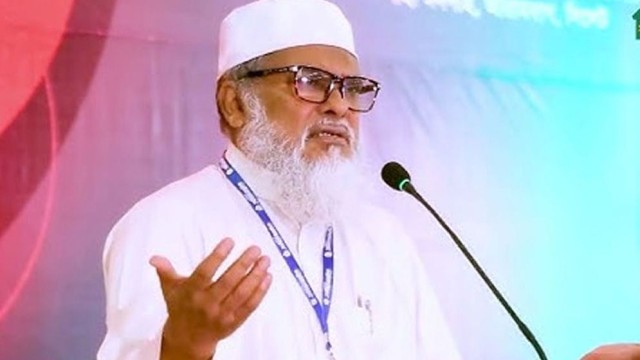
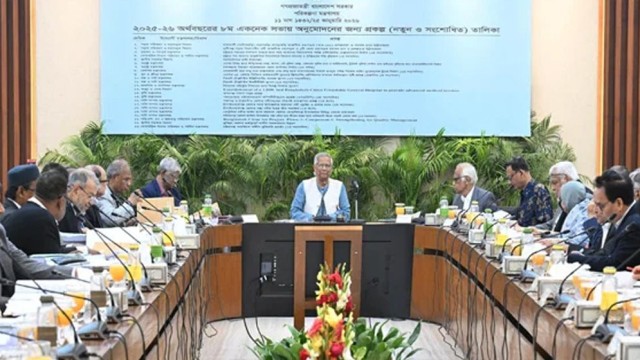
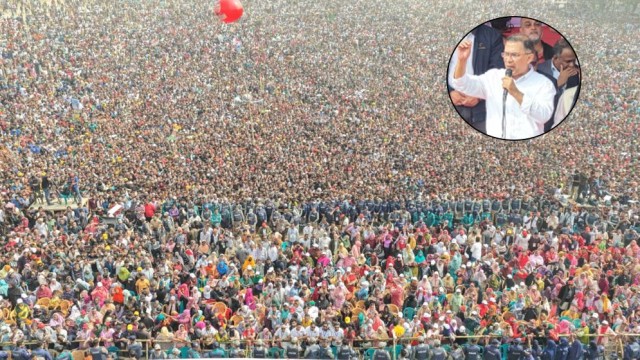
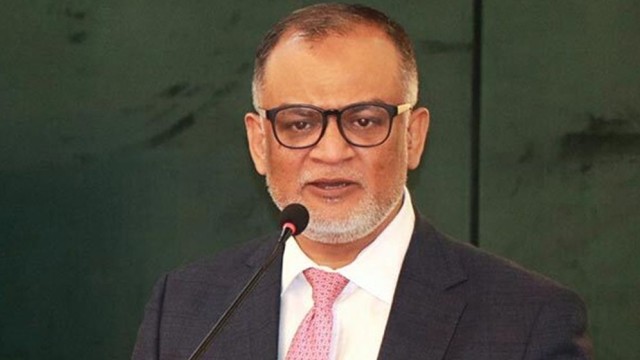
Comment: